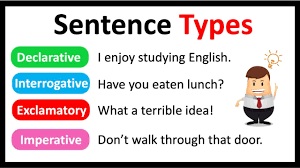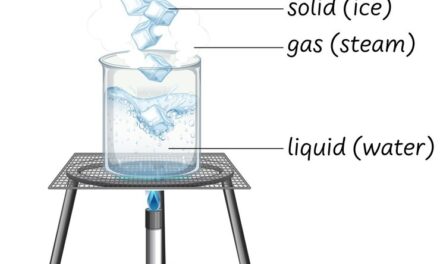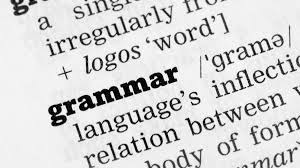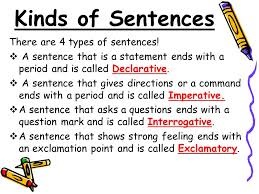This chapter is all about changing sentences without changing their meaning. It’s like giving a sentence a makeover! We’ll learn how to turn statements into questions, questions into statements, and even make sentences negative. Ready? Let’s dive in!
- Statements to Questions:
A statement tells us something. A question asks us something. To change a statement into a question, we usually swap the helping verb (like is, are, was, were, has, have, do, does, did) with the subject (who or what is doing the action) and add a question mark.
- Example 1: Statement: She is happy. Question: Is she happy?
- Example 2: Statement: They have finished their homework. Question: Have they finished their homework?
- Example 3: Statement: He likes ice cream. Question: Does he like ice cream? (Notice we use does with likes)
- Example 4: Statement: We went to the park. Question: Did we go to the park? (Notice we use did with went)
- Questions to Statements:
This is the reverse of what we just learned! We take a question and turn it into a statement. We put the subject before the helping verb and remove the question mark.
- Example 1: Question: Are you hungry? Statement: You are hungry.
- Example 2: Question: Did they play football? Statement: They played football.
- Example 3: Question: Does she have a pet? Statement: She has a pet.
- Positive to Negative:
A positive sentence says something is true. A negative sentence says something is not true. We usually add not after the helping verb to make a sentence negative. Sometimes we use contractions like isn’t, aren’t, wasn’t, weren’t, doesn’t, didn’t, haven’t.1
- Example 1: Positive: He is tall. Negative: He is not tall. (He isn’t tall.)
- Example 2: Positive: They like vegetables. Negative: They do not like vegetables. (They don’t like vegetables.)
- Example 3: Positive: I have a red car. Negative: I do not have a red car. (I haven’t got a red car.)
- Negative to Positive:
We remove not (or the contraction) to change a negative sentence to positive.
- Example 1: Negative: She is not sad. Positive: She is sad.
- Example 2: Negative: They don’t play video games. Positive: They play video games.
- Example 3: Negative: I haven’t been to the zoo. Positive: I have been to the zoo.
Important Note: Sometimes, changing a sentence might require small adjustments to other words to keep the meaning the same. For example, “He likes ice cream” becomes “Does he like ice cream?” (not “Does he likes ice cream?”).

















